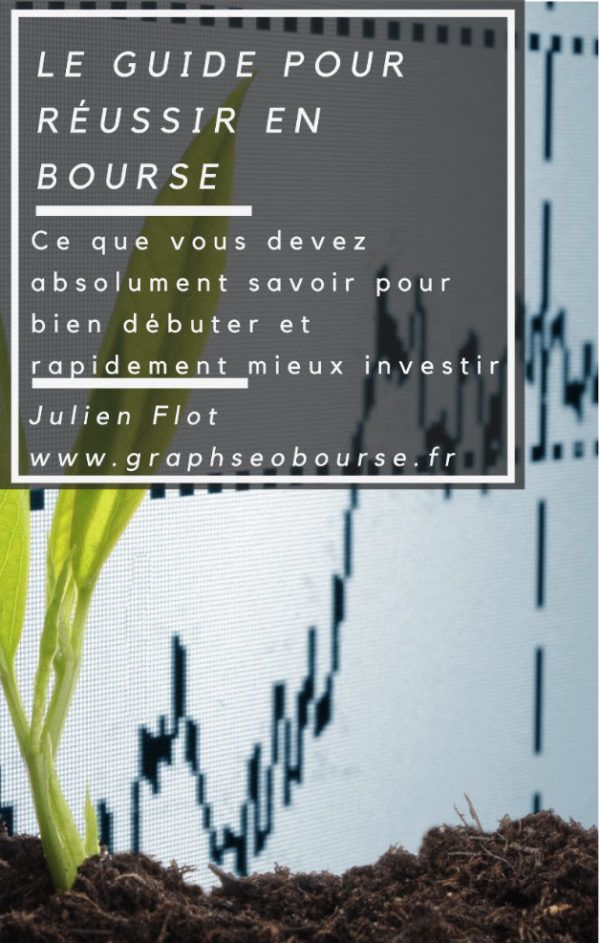1. The poet Robert Burns once said something about the best-laid plans of mice and men ganging aft agley, whatever “agley” means. A more contemporary philosopher, Forrest Gump, said something similar about life and boxes of chocolates and not knowing what you are going to get. They were both right. Life is amazingly unpredictable; any 22-year-old who thinks he or she knows where they will be in 10 years, much less in 30, is simply lacking imagination. Look what happened to me: A dozen years ago I was minding my own business teaching Economics 101 in Alexander Hall and trying to think of good excuses for avoiding faculty meetings. Then I got a phone call . . . In case you are skeptical of Forrest Gump’s insight, here’s a concrete suggestion for each of the graduating seniors. Take a few minutes the first chance you get and talk to an alum participating in his or her 25th, or 30th, or 40th reunion–you know, somebody who was near the front of the P-rade. Ask them, back when they were graduating 25, 30, or 40 years ago, where they expected to be today. If you can get them to open up, they will tell you that today they are happy and satisfied in various measures, or not, and their personal stories will be filled with highs and lows and in-betweens. But, I am willing to bet, those life stories will in almost all cases be quite different, in large and small ways, from what they expected when they started out. This is a good thing, not a bad thing; who wants to know the end of a story that’s only in its early chapters? Don’t be afraid to let the drama play out.
2. Does the fact that our lives are so influenced by chance and seemingly small decisions and actions mean that there is no point to planning, to striving? Not at all. Whatever life may have in store for you, each of you has a grand, lifelong project, and that is the development of yourself as a human being. Your family and friends and your time at Princeton have given you a good start. What will you do with it? Will you keep learning and thinking hard and critically about the most important questions? Will you become an emotionally stronger person, more generous, more loving, more ethical? Will you involve yourself actively and constructively in the world? Many things will happen in your lives, pleasant and not so pleasant, but, paraphrasing a Woodrow Wilson School adage from the time I was here, “Wherever you go, there you are.” If you are not happy with yourself, even the loftiest achievements won’t bring you much satisfaction.
3. The concept of success leads me to consider so-called meritocracies and their implications. We have been taught that meritocratic institutions and societies are fair. Putting aside the reality that no system, including our own, is really entirely meritocratic, meritocracies may be fairer and more efficient than some alternatives. But fair in an absolute sense? Think about it. A meritocracy is a system in which the people who are the luckiest in their health and genetic endowment; luckiest in terms of family support, encouragement, and, probably, income; luckiest in their educational and career opportunities; and luckiest in so many other ways difficult to enumerate–these are the folks who reap the largest rewards. The only way for even a putative meritocracy to hope to pass ethical muster, to be considered fair, is if those who are the luckiest in all of those respects also have the greatest responsibility to work hard, to contribute to the betterment of the world, and to share their luck with others. As the Gospel of Luke says (and I am sure my rabbi will forgive me for quoting the New Testament in a good cause): “From everyone to whom much has been given, much will be required; and from the one to whom much has been entrusted, even more will be demanded” (Luke 12:48, New Revised Standard Version Bible). Kind of grading on the curve, you might say.
4. Who is worthy of admiration? The admonition from Luke–which is shared by most ethical and philosophical traditions, by the way–helps with this question as well. Those most worthy of admiration are those who have made the best use of their advantages or, alternatively, coped most courageously with their adversities. I think most of us would agree that people who have, say, little formal schooling but labor honestly and diligently to help feed, clothe, and educate their families are deserving of greater respect–and help, if necessary–than many people who are superficially more successful. They’re more fun to have a beer with, too. That’s all that I know about sociology.
5. Since I have covered what I know about sociology, I might as well say something about political science as well. In regard to politics, I have always liked Lily Tomlin’s line, in paraphrase: “I try to be cynical, but I just can’t keep up.” We all feel that way sometime. Actually, having been in Washington now for almost 11 years, as I mentioned, I feel that way quite a bit. Ultimately, though, cynicism is a poor substitute for critical thought and constructive action. Sure, interests and money and ideology all matter, as you learned in political science. But my experience is that most of our politicians and policymakers are trying to do the right thing, according to their own views and consciences, most of the time. If you think that the bad or indifferent results that too often come out of Washington are due to base motives and bad intentions, you are giving politicians and policymakers way too much credit for being effective. Honest error in the face of complex and possibly intractable problems is a far more important source of bad results than are bad motives. For these reasons, the greatest forces in Washington are ideas, and people prepared to act on those ideas. Public service isn’t easy. But, in the end, if you are inclined in that direction, it is a worthy and challenging pursuit.
6. Having taken a stab at sociology and political science, let me wrap up economics while I’m at it. Economics is a highly sophisticated field of thought that is superb at explaining to policymakers precisely why the choices they made in the past were wrong. About the future, not so much. However, careful economic analysis does have one important benefit, which is that it can help kill ideas that are completely logically inconsistent or wildly at variance with the data. This insight covers at least 90 percent of proposed economic policies.
Vous voulez débuter sans tomber dans les pièges? progresser rapidement? Vous en avez marre de reperdre tous vos gains durement gagnés en un instant? Vous voulez enfin gagner régulièrement et sans stress ? Alors laissez-moi vous apprendre tout ce qu'il vous faut savoir pour enfin franchir un cap et ne plus jamais être le même investisseur. Cliquez-ici pour enfin reprendre en main votre PEA
----------------------------------7. I’m not going to tell you that money doesn’t matter, because you wouldn’t believe me anyway. In fact, for too many people around the world, money is literally a life-or-death proposition. But if you are part of the lucky minority with the ability to choose, remember that money is a means, not an end. A career decision based only on money and not on love of the work or a desire to make a difference is a recipe for unhappiness.
8. Nobody likes to fail but failure is an essential part of life and of learning. If your uniform isn’t dirty, you haven’t been in the game.
9. I spoke earlier about definitions of personal success in an unpredictable world. I hope that as you develop your own definition of success, you will be able to do so, if you wish, with a close companion on your journey. In making that choice, remember that physical beauty is evolution’s way of assuring us that the other person doesn’t have too many intestinal parasites. Don’t get me wrong, I am all for beauty, romance, and sexual attraction–where would Hollywood and Madison Avenue be without them? But while important, those are not the only things to look for in a partner. The two of you will have a long trip together, I hope, and you will need each other’s support and sympathy more times than you can count. Speaking as somebody who has been happily married for 35 years, I can’t imagine any choice more consequential for a lifelong journey than the choice of a traveling companion.
10. Call your mom and dad once in a while. A time will come when you will want your own grown-up, busy, hyper-successful children to call you. Also, remember who paid your tuition to Princeton.
PS: Je te recommande de lire ceci :
Note: Tous les investissements sont partagés en temps réel sur L'Académie des Graphs. Le portefeuille représente mes convictions personnelles consolidées (de mes différents courtiers) et n'est pas une incitation à l'achat ni à la vente. La performance en cours inclus les gains ou moins values latentes et l'impact du change sur les actions étrangères. Performance 2024: +41%; 2023: +38%; 2022: +46%; 2021: +122%; 2020: +121%; 2019: +79%; 2018: +21%; 2017: +24%; 2016: +12%; 2015: +45%; 2014: +30%; 2013:+72%, 2012:+9%, 2011:-11%... Clique-ici pour découvrir le logiciel d'aide à la décison que j'utilise au quotidien pour détecter au bon moment les meilleures actions.


